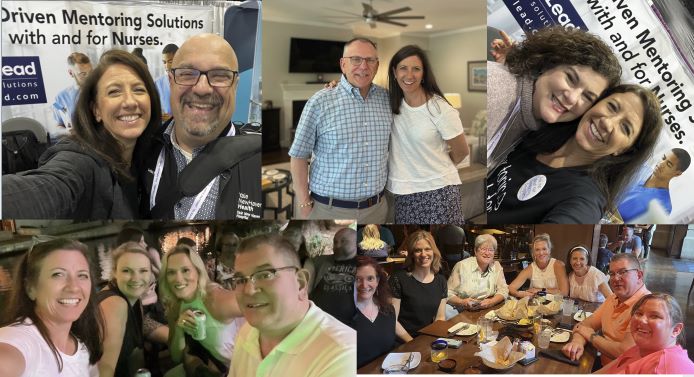
[Flash] Why I Watch Awards Programs – No One Gets There Alone
| I watched the Golden Globes this week – not for the sequined outfits or the controversies. I watched for the acceptance speeches and listened for the mentor spotlighting. From the Oscars to the Emmys to the Tonys, I enjoy hearing award recipients acknowledge and recognize the people who contributed to their success – their mentors. Colin Farrell, winning the Golden Globe for Best Actor for The Banshees of Inisherin this year, acknowledged his director, Martin McDonough: “Fourteen years ago, you changed the trajectory of my life forever in ways that I will be grateful to you for the rest of my days.” Austin Butler, winning the Golden Globe for Best Actor for Elvis this year, thanked Denzel Washington for “championing me when you did not have to.” (After Washington and Butler starred together on Broadway, Washington recommended Butler to Elvis director Baz Luhrmann.) When Sheryl Lee Ralph won an Emmy for Outstanding Supporting Actress for Abbott Elementary in 2022, she praised her mentor, the show’s creator Quinta Brunson, for being in her corner. When Ben Platt won a Tony for Leading Actor for Dear Evan Hansen in 2017, he gushed, “Dad, you’re my hero – you taught me that you have to be a decent human being to be a decent artist.” When Jamie Foxx won an Oscar for Best Actor for Ray in 2005, he shared the words his grandmother often said to him, “Stand up straight. Put your shoulders back. Act like you’ve been somewhere.” But it was record producer Jimmy Iovine, inducted into the Rock ‘n Roll Hall of Fame in 2022, whose acceptance speech specifically identified mentoring as the gateway to success. He emphasized, “Thank the people who mentored you and try to return all those favors by being some kind of mentor for somebody else whenever you can. Because the truth is that no one gets to a moment like this alone. So, to all who made my life story possible, thank you!” © 2023. Ann Tardy and MentorLead. www.mentorlead.com. All Rights Reserved. |







